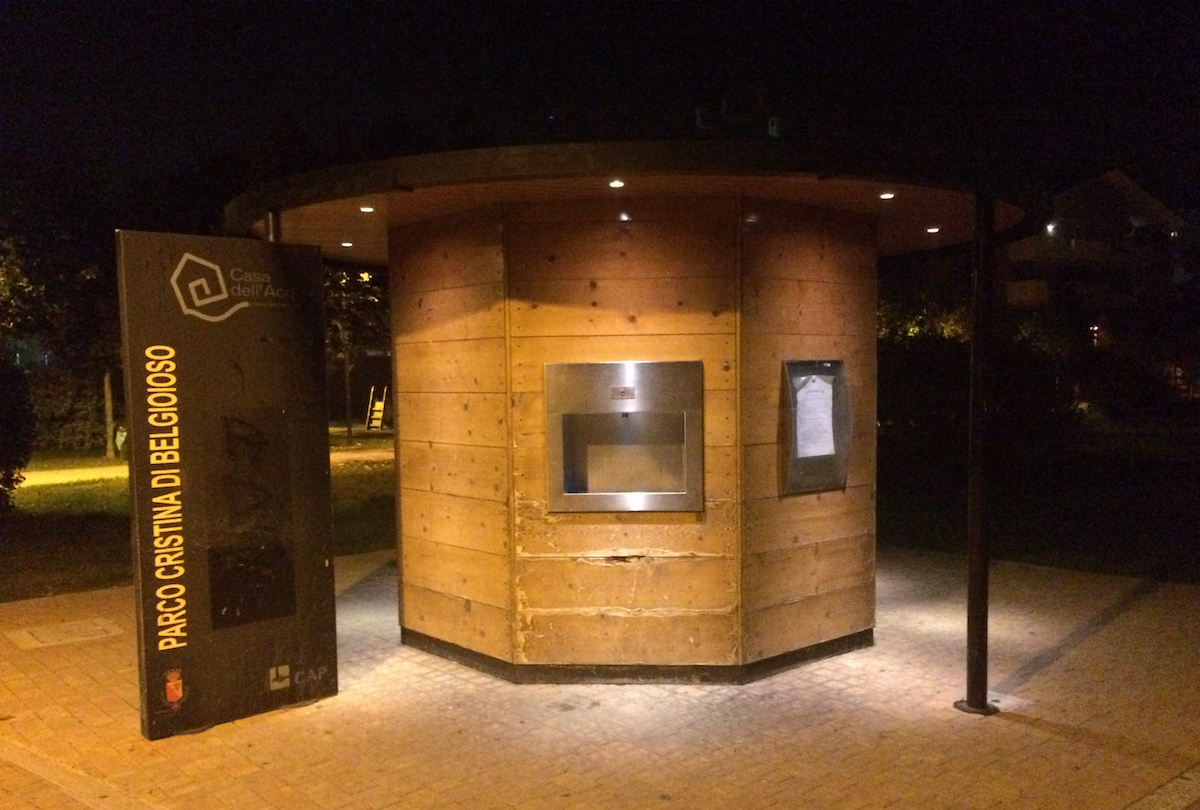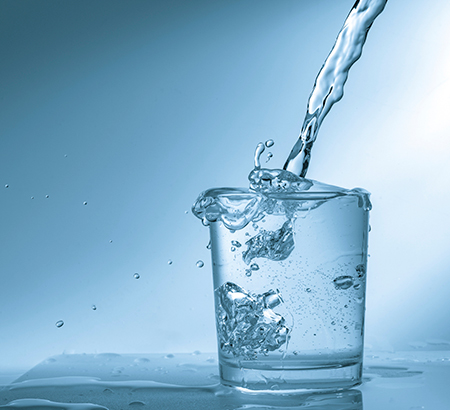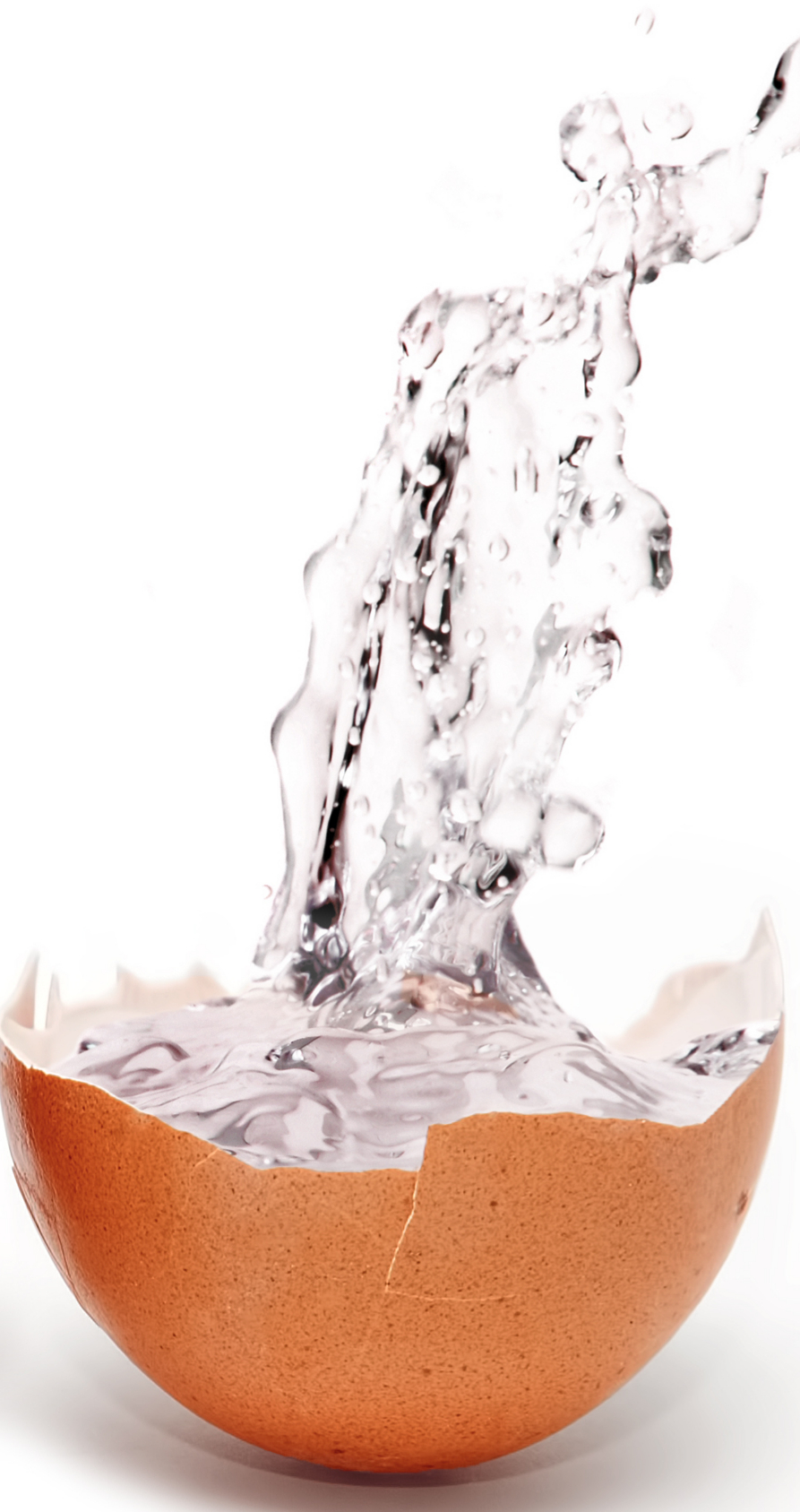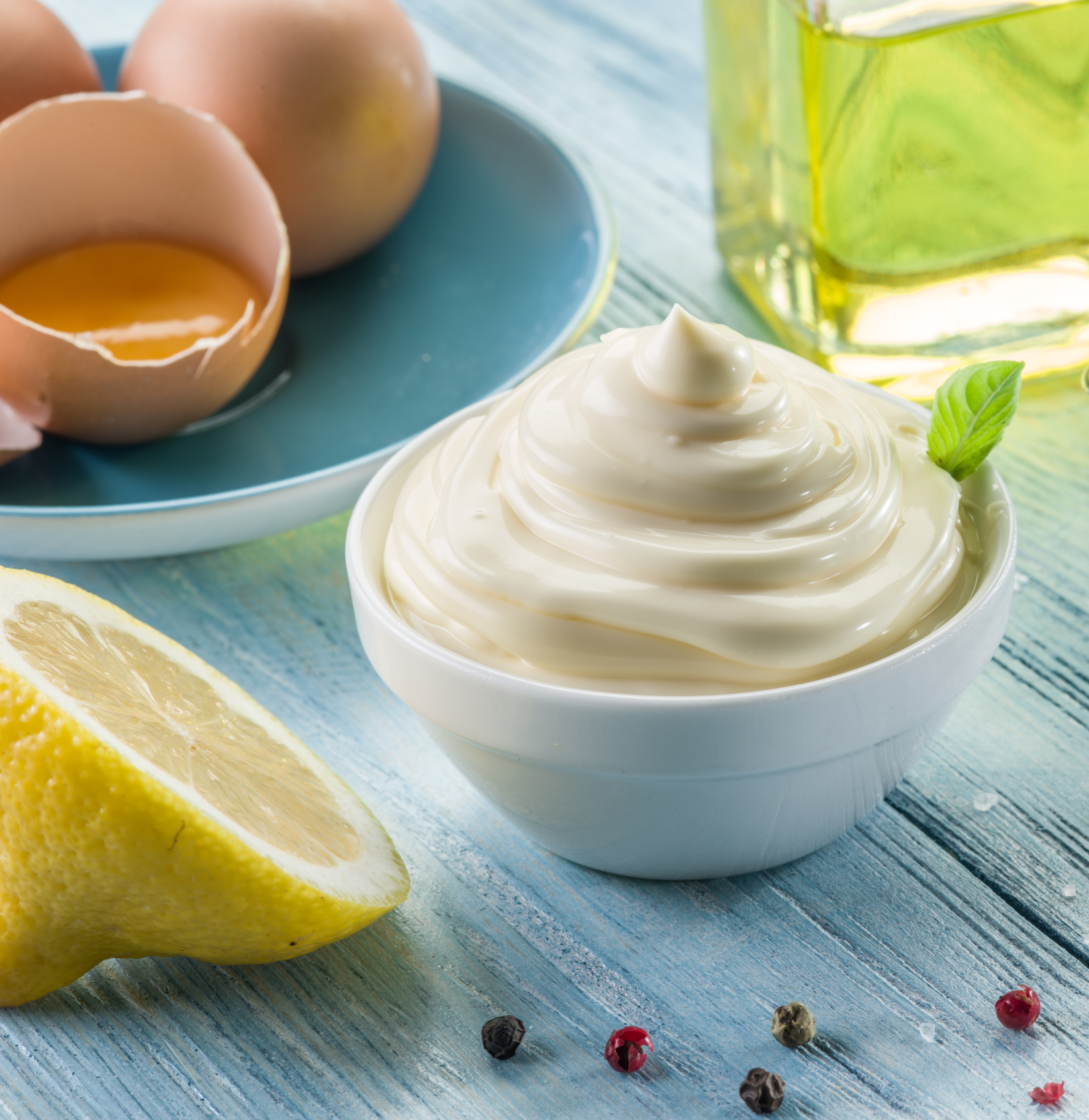"Blue water / clear water / I can finally drink with my hands". All Italians remember the words of this beautiful song by Battisti. But really, do Italians really know about water? How much do they worry about the pollution of seas, rivers, lakes and aquifers? How much attention do they put in choosing the water to drink and use in the kitchen?
Italians and water: what a mess!
The results of a recent study conducted by Eumetra are not comforting (Water in the habits of Italians, 2018 created by Lifegate for Culligan in collaboration with the Eumetra Research Institute).
A primary essential for life, Italians have confused ideas about water and are very distracted. One in two shows little interest in the subject, while only 15% of super-attentive people are registered. The consequence of this lack of information generates, as always happens, the birth and proliferation of fake news and clichés that end up adding damage to the damage. False myths that feed habits and lifestyles that are increasingly unsustainable for our home, the Earth, as shown by the global warning about ocean pollution, invaded by over 150 million tons of plastic, mostly made up of disposable bottles . And Italy is among the first consumers of bottled water in the world. Let's try to understand why.
The 7 most common and most harmful fake news
1) Tap water is not safe
FALSE
According to a recent research by Irsa, the Institute of the National Research Council, appointed to control water quality, Italy ranks at an excellent fifth place in Europe in terms of water quality. Before us only Austria, Sweden, Ireland and Hungary.
It must be said that the origin of water, its source, has a great influence on its quality, and that groundwater is always better than surface water. It follows that the high average quality of our water is due precisely to the underground origin of 85% of our sources. If we add that the water of our aqueducts is strictly controlled by the local health authorities, issued by the Ministry of Health, directly responsible in this area, it is easy to see why Italy occupies such a high position in the European ranking.
And yet, despite the proven average quality of the water of Italian aqueducts, in our country there remains a deep-rooted belief that tap water is not safe. A perception problem that gives Italy the 1st place among European countries for consumption of bottled mineral waters, and the second in the world, after Mexico.
2) It is better to drink only bottled water (because it is better than tap water)
Neither TRUE nor FALSE
Comparing water quality is not easy. Not everyone knows, in fact, that aqueduct water and mineral waters are regulated by different regulations. This means that some mineral waters on the market contain elements (such as arsenic, manganese or sulphates) in quantities greater than the parameters allowed for tap water intended for human consumption; and many other parameters, regulated for mains water, have no limit for bottled water. In short: some bottled water, if evaluated with the parameters used for tap water, would not be drinkable. Then we must also consider pet bottle pollution.
But, returning to the mains water, if the aqueducts provide excellent quality water up to our meter, it is also true that a "flaw" opens up in the path that brings water into our homes. From the meter onwards, the maintenance of the pipes and therefore the responsibility for the quality of the water passes into the hands of the consumer. And here the problems arise, because often there is no accurate maintenance by the end user, so as to compromise the quality of the water. To have at home a pleasant and totally safe water, it would therefore be a good habit to periodically maintain the pipes, sanitize and apply simple filters to the point of use (to eliminate chlorine, turbidity and any excess salts) .
3) High sodium water is bad for your health
FALSE
The reduced percentage of sodium in the drinking water is indicated as a guarantee of superior quality. In fact, sodium is a fundamental substance for the human body. And if you are in the presence of diseases that do not recommend taking it, it must always be remembered that the amount of sodium absorbed through water has a negligible impact compared to that taken through food. To understand: 100 g of ham contain 2.578 g of sodium, while to take just one gram of water through water we should drink on average about 20 liters of water per day.
4) High calcium content causes calculations
FALSE
A widespread common ground without foundation: drinking tap water, especially with a high fixed residue, ie rich in calcium and magnesium salts, promotes the formation of kidney stones. As confirmed by the National Institute of Health, there is no direct correlation between the concentration of calcium in water and the occurrence of calculations. Moreover, the opposite is true: a diet low in calcium can, if anything, increase the risk of developing this disease. And in general, for those suffering from stones, it is always advised to drink plenty of water.
5) Chlorine in tap water is not good
FALSE
Chlorine is legally present in drinking water as a guarantee of public health. Its function is to sanitize the aqueducts and avoid any bacterial contamination, ensuring the quality and healthiness of the water inside the water network. At most it can be unpleasant to taste. A nuisance easily avoidable with the application to the point of use of simple activated carbon filters that eliminate the smell and taste of chlorine.
6) Drinking during meals is bad for your health
FALSE
Many believe, erroneously, that it is better not to drink during meals. As reported by the Istituto Superiore della Sanità, with this behavior people are convinced they can digest more easily and lose weight faster. Obviously it is a false information. Drinking a fair amount of water (not more than 600-700 ml) during the meal serves, on the contrary, to improve the consistency of the ingested foods thus playing an important role in digestion. Obviously you should not overdo it, because in that case you could have problems: the gastric juices would be too diluted and the time of digestion could be lengthened.
7) Plastic water bottles are recyclable and can be disposed of without problems
FALSE
PET plastic bottles have an estimated average life of about 1000 years! They are not biodegradable and only a minority of these bottles are collected and sent for recycling. If we add that the production of this material itself requires the use of large quantities of water and oil, it soon becomes clear that we are following a path that is no longer sustainable. To give some numbers only for Italy: with 12.5 billion liters of water bottled each year in our country 330,000 tons of PET are produced in plastic containers, equal to a use of 650,000 tons of oil and 6 billion liters of water. And then there is all the rest of the planet! (Che impact has a plastic bottle on the environment).




 With the special blender spatula, you can eventually add the various ingredients to make them sauces based on mayonnaise: for a mayonnaise a little 'senapata, for example, add a little' mustard paste, or
With the special blender spatula, you can eventually add the various ingredients to make them sauces based on mayonnaise: for a mayonnaise a little 'senapata, for example, add a little' mustard paste, or